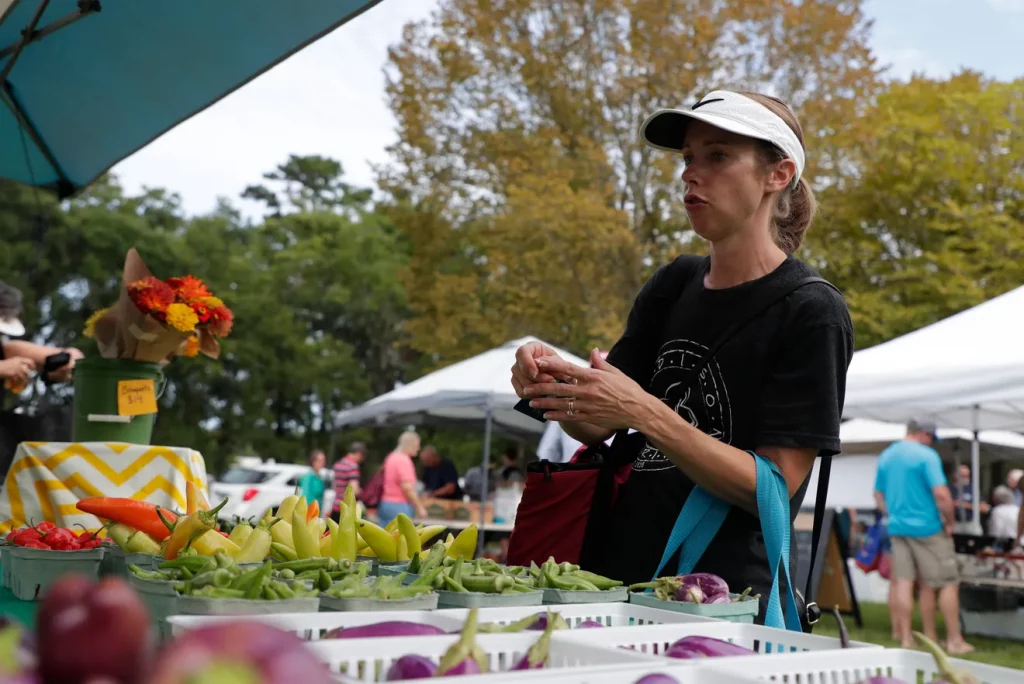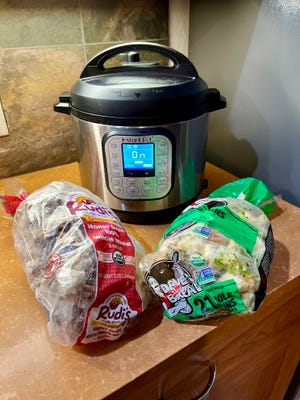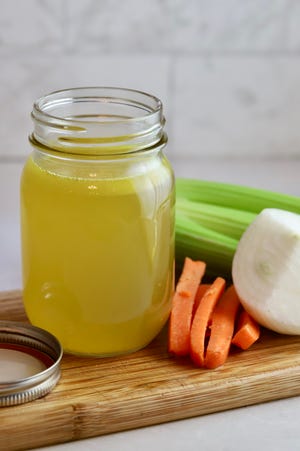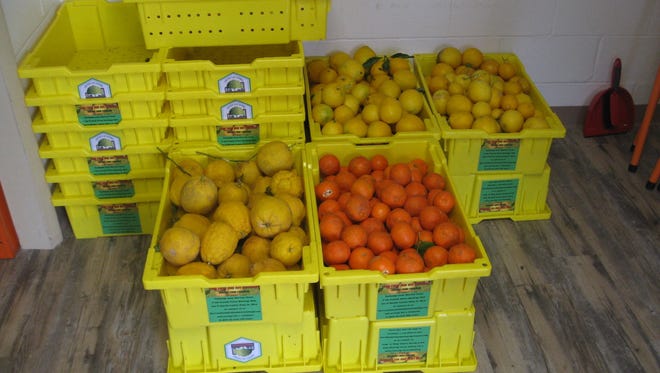Food waste and climate change: Tips for a greener holiday feast

(Tallahassee Democrat) – The holidays are upon us, and food is a major part of the celebration. As we swing into the cooking mode and dive into a surplus of delicious food it is a good time to also contemplate where some of that food ends up.
Did you know that about one-third of the food that is produced each year is wasted and never makes it to our forks? That’s equal to about 1.3 billion tons of fruits, vegetables, meat, dairy, seafood, and grains that either never leave the farm, get lost or spoiled during distribution, or are thrown away in hotels, grocery stores, restaurants, schools, or home kitchens.
Wasting food not only hurts our pocketbooks but also contributes significantly to climate change. When we waste food, we also waste all the energy and water it takes to grow, harvest, transport, and package it. And if food goes to the landfill and rots, it produces methane — a greenhouse gas even more potent than carbon dioxide.
The food we waste is the major component of our landfills and is responsible for roughly eight percent of global emissions.
The good thing about reducing food waste is that we can not only look to food producers to adjust their harmful habits, but we as individuals can take responsibility for what we personally waste and make an impact. Approximately 43% of food waste in the U.S. comes from home kitchens.
Here are some simple ways that you can help starting today:
Plan ahead
Organize your refrigerator and pantry to assess what you have before you shop. Shop with a plan so you don’t overbuy.
Buy local
Buying local reduces the energy it takes to get food from the farm to your plate.
Tallahassee has great farmers’ markets: the Frenchtown Heritage and Kerry Forest markets are open on Saturdays year-round; the Downtown, Lake Ella Growers, Southside, Southwood, and Fort Braden markets are also available on varying days and times of the year.
You can also join a CSA (Consumer Supported Agriculture), where you support a local (usually organic) farmer. Each week, a huge grocery bag filled with vegetables, and other delightful treats are delivered to your house or a common pick-up site. Different farmers have different plans.

Use and/or repurpose leftovers
Take a break from cooking and eat those leftovers. Or be creative and turn leftover meats into a yummy soup or stew. Leftover veggies? No problem. Mix the vegetables with some pasta, rice, or quinoa to make a delicious stir-fry. Leftover veggies can be incorporated into omelets and become a healthy part of breakfast.

- Make delicious broths for your holiday recipes using extra vegetable trimmings and old herbs. After cutting off tough stalks, stems and leaves from fresh vegetables, save them in your freezer until you get a sizable amount. Add some water, boil, and then strain.
- Use the broth for making soups, stews, and casseroles, etc. Use bruised fruits for making scrumptious smoothies — cut away the “bad” parts but use the rest.
- Leftover heels of bread? Turn them into breadcrumbs or use them in your holiday stuffing or dressing.
Learn what manufacturers’ labeling really means
Manufacturers want to ensure proper turnover of their products, but some “Best-by” or “Sell-by” dates do not mean that the food needs to be tossed. The “Use-by” label should be taken seriously, however, especially on meat, poultry, and eggs.

Extra fruit on your trees?
Donate your extra fruit to our local Leon Fruit and Nut Exchange. They will come to your house, pick the fruit, and give it to people who need the gift.
Donate nonperishables
Do you have food that hasn’t expired, but know you’ll never eat? Donate nonperishable items to places such as Manna on Meridian and the Second Harvest of the Big Bend. There are only a few places that will accept prepared food, such as the Kearney Center, but you must have prepared very large quantities of these dishes.
Compost
When all else fails – COMPOST. All plant matter, including fruit and vegetable scraps, and coffee grounds, plus eggshells and paper napkins can be used in a compost. To assist you in learning about and purchasing a compost bin, contact the UF/IFAS Leon County Extension or the Leon County Office of Sustainability.
However, if you don’t have room for a bin in your own backyard, some local gardeners and farmers will gladly take your vegetable waste. The Compost Community, a local compost pick-up service is a great resource.
These are just a few ideas to help you get started in reducing your food waste. We all need to do what we can. Be part of the solution, not part of the problem.












